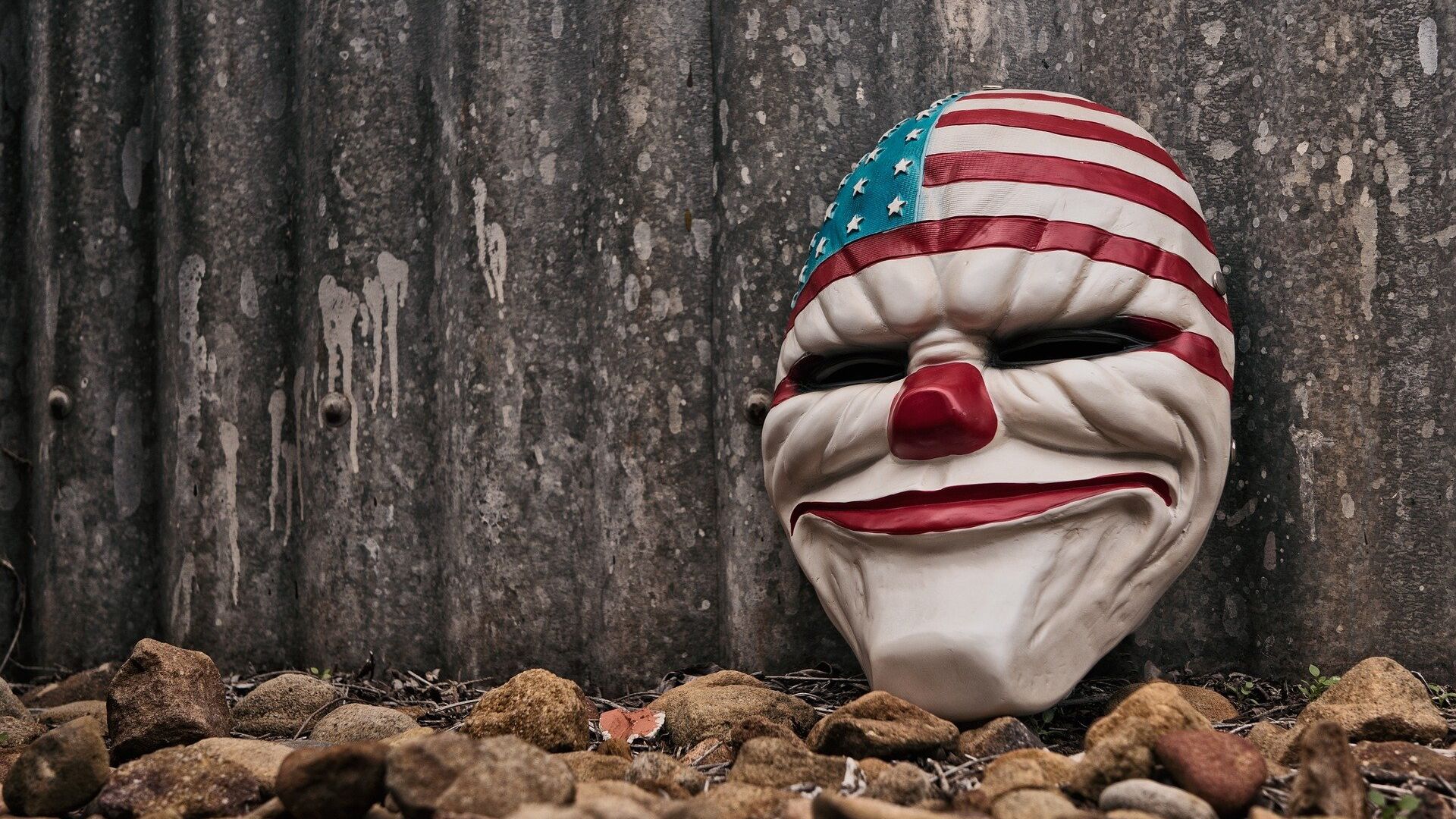https://sputnikglobe.com/20221223/sympathy-for-the-devil-secret-of-fictional-villains-appeal-laid-bare-in-new-study-1105733206.html
Sympathy for the Devil: Secret of Fictional Villains' Appeal Laid Bare in New Study
Sympathy for the Devil: Secret of Fictional Villains' Appeal Laid Bare in New Study
Sputnik International
The participants of the study have apparently espoused a belief in a difference between a villain’s true self and his or hers outward actions. 23.12.2022, Sputnik International
2022-12-23T16:07+0000
2022-12-23T16:07+0000
2025-04-07T11:05+0000
fiction
character
sympathy
study
viral news
https://cdn1.img.sputnikglobe.com/img/106810/15/1068101559_0:180:1920:1260_1920x0_80_0_0_448193f92ebc05b04f6c20bcf2577e53.jpg
A group of researchers from the University of Michigan has discovered a possible explanation of why some members of the audience may feel sympathetic toward villainous characters in movies or cartoons.During the course of their work, the results of which were published in the journal Cognition, the researchers gauged how children and adults perceived the character and true selves of fictional heroes and villains.While kids and adults alike regarded the true selves of villains as more negative than those of heroes, the researchers noticed “an asymmetry in the judgments, wherein villains were more likely than heroes to have a true self that differed from their outward behavior.”The research did note, however, that children also regarded the actions and emotions of villains as “overwhelmingly negative, suggesting that children's well-documented positivity bias does not prevent their appreciation of extreme forms of villainy.”
Sputnik International
feedback@sputniknews.com
+74956456601
MIA „Rossiya Segodnya“
2022
Sputnik International
feedback@sputniknews.com
+74956456601
MIA „Rossiya Segodnya“
News
en_EN
Sputnik International
feedback@sputniknews.com
+74956456601
MIA „Rossiya Segodnya“
Sputnik International
feedback@sputniknews.com
+74956456601
MIA „Rossiya Segodnya“
fiction, character, sympathy, study, viral news
fiction, character, sympathy, study, viral news
Sympathy for the Devil: Secret of Fictional Villains' Appeal Laid Bare in New Study
16:07 GMT 23.12.2022 (Updated: 11:05 GMT 07.04.2025) The participants of the study have apparently espoused a belief in a difference between a villain’s true self and his or hers outward actions.
A group of researchers from the University of Michigan has discovered a possible explanation of why some members of the audience may feel sympathetic toward villainous characters in movies or cartoons.
During the course of their work, the results of which were published in the journal Cognition, the researchers gauged how children and adults perceived the character and true selves of fictional heroes and villains.
While kids and adults alike regarded the true selves of villains as more negative than those of heroes, the researchers noticed “an asymmetry in the judgments, wherein villains were more likely than heroes to have a true self that differed from their outward behavior.”
“In other words, people believe there is a mismatch between a villain’s outward behaviors and their inner, true self, and this is a bigger gap for villains than for heroes,” said Valerie Umscheid, psychology doctoral student at the University of Michigan and lead author of the study.
The research did note, however, that children also regarded the actions and emotions of villains as “overwhelmingly negative, suggesting that children's well-documented positivity bias does not prevent their appreciation of extreme forms of villainy.”

